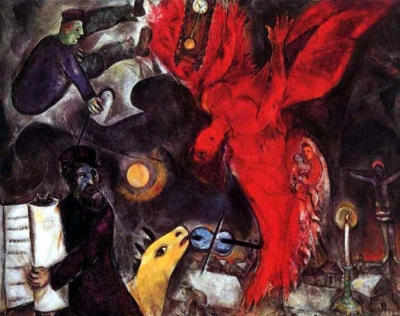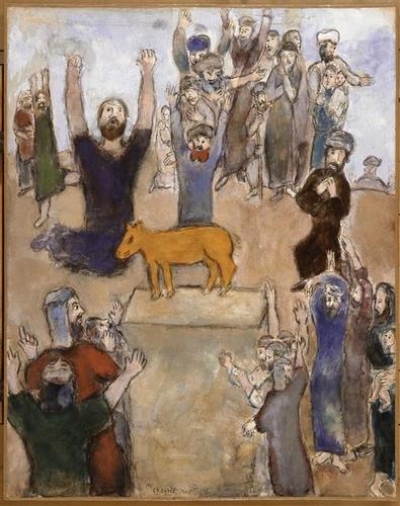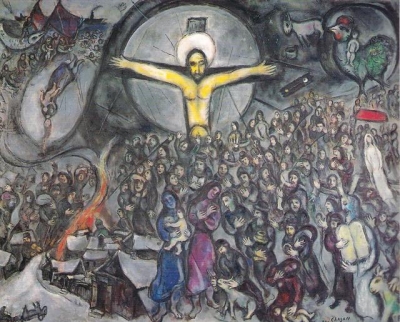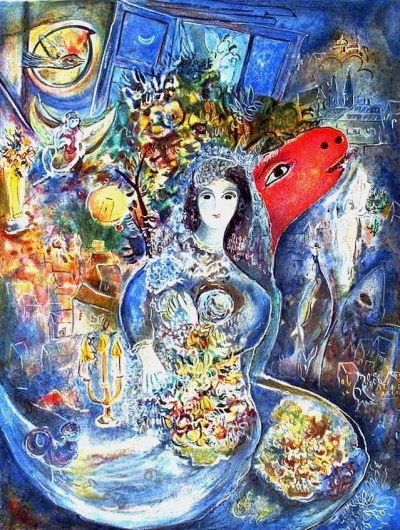Only following the path "of the last who shall be first, and the first last" (thus avoiding the concept of “last”, “first”, “coincidence” and “removal of opposites”), we can feel universal love, which will enable us to love and help both our friends and enemies looking for humanization; just like the sun, we shall spread light, life and warmth not only to our friends, but also to the secret needs of our enemies.
However, the "turn the other cheek" motto refers exclusively to those who have "another cheek," but the poor, conversely, have none.
Therefore, this ethical motto addresses especially the authorities and the rich, those who have the choice and means to freely act; it does not refer to those who live outside a “moral context" and have no freedom to choose their means and acquire knowledge: this truth must be revealed to all the theologians, wise men, politicians and "non-violent" activists (in words) of the world; to all the priests, and bishops who address the humiliated and offended masses, to all the poor Lazarus in Africa, Latin America and the whole world.
Moreover, the authorities, in the true sense of the word, should comply with the provisions of the Gospel – especially with the Parable of the "Prodigal Son" - and adhere to the Canticle of Mary, mother of Jesus.
The love of the prophets, of these men guided by love, springs from the path taken by Prophet Abraham, the father of all the prophets.
A heart full of love is the result of intelligence, strength-knowledge, and acts against any supremacy; it precisely arises from the unity of life stating that
"The true worship of God means breaking the yoke around the neck of the oppressed and set the slaves free" (Isaiah the prophet, 58), i.e. it stems from an agreement established with the poor, the oppressed and the last in the whole world.














